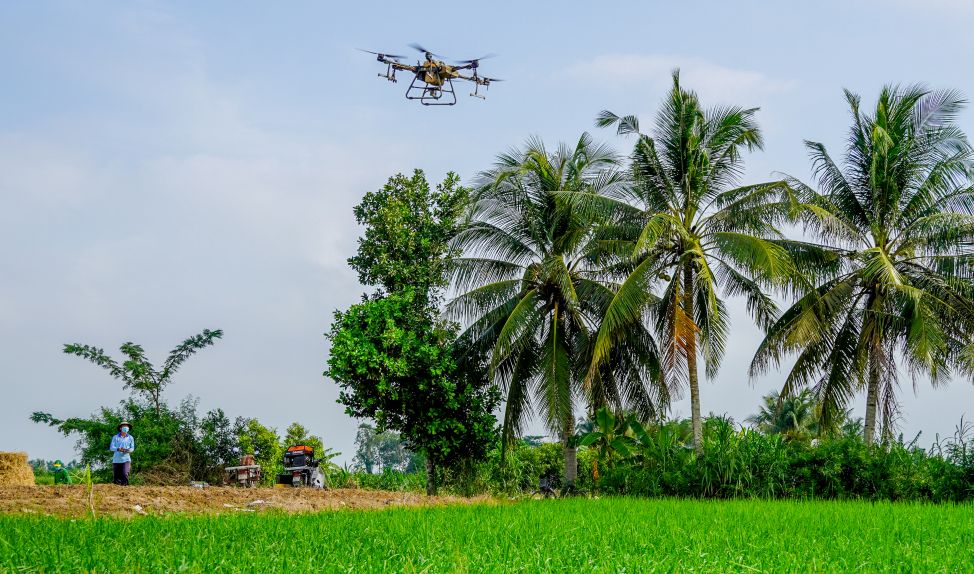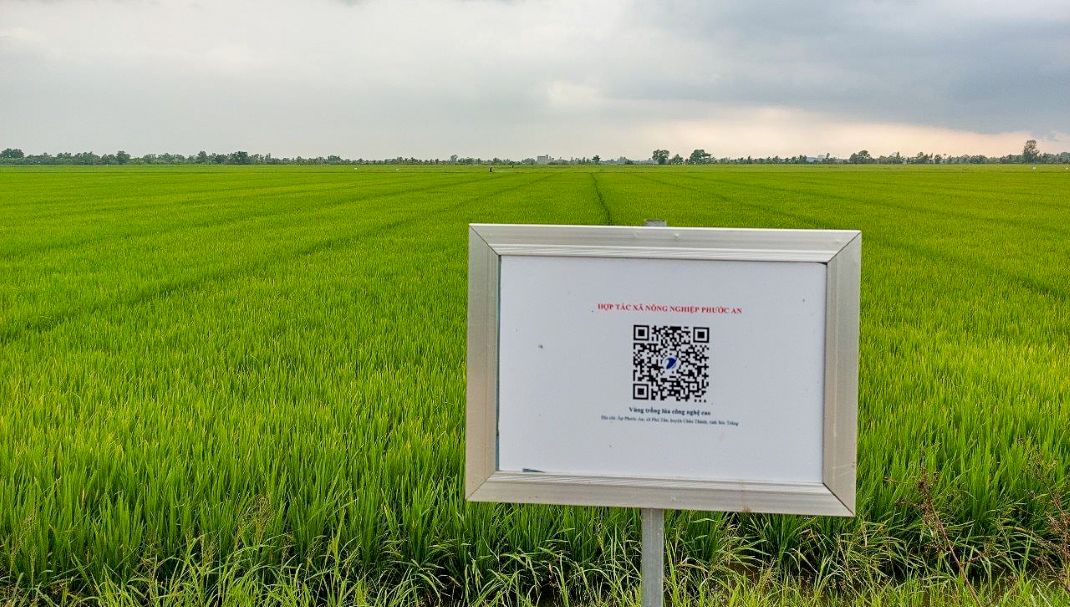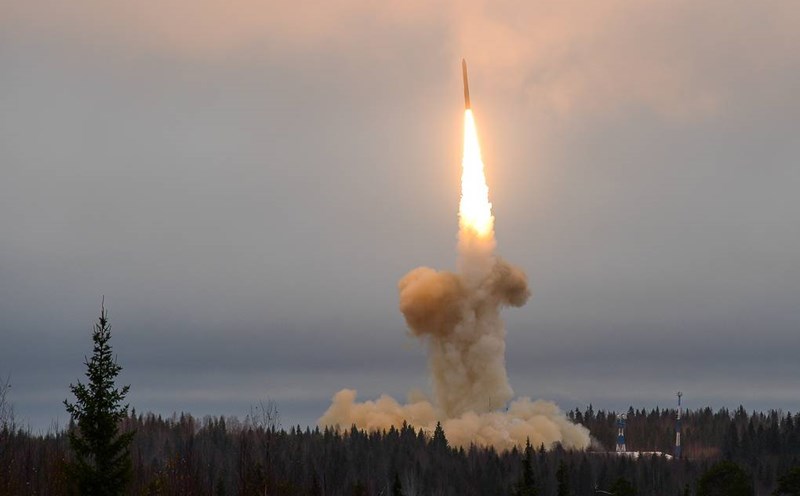Technology enters the field
One morning in the rice field of Lam Tan commune (Can Tho city), drones quickly passed the rice field. Previously, drones that were unfamiliar to farmers have now become a familiar "assistant", helping to spray pesticides, fertilize, and sow seeds effectively.
Mr. Trieu Hoang Huong, a local farmer, shared: "Previously, to process drugs on 9 hectares of rice fields, it took me a few days and hired more workers, which was both hard and expensive. Now, it only takes less than 2 hours of drone flight, the work is completed, safer and more efficient".

Not only stopping at unmanned aerial vehicles, many Cooperatives (HTXs) also boldly apply digital technology in field management. A typical example is Phuoc An Agricultural Cooperative (Thuan Hoa commune, Can Tho city), where all 63 hectares of specialty fragrant rice are produced according to VietGAP standards, completely mechanized and QR codes are attached to trace the origin.
According to Mr. Lam Phuong Tung - Director of the Cooperative, by simply scanning the QR code, consumers, businesses or traders can clearly understand information from the homeowner, the cultivation area to the history of sowing, fertilizing, and seed processing. This is an important step towards electronic logs, contributing to building a transparent and modern agriculture.
The cooperative also invested in a salinity monitoring system, pests and diseases monitoring and an automatic pumping station, all controlled via smartphone. Thanks to that, farmers do not need to cultivate water or rice fields day and night to ensure the best development conditions.
Mr. Tung said that thanks to the application of technology, farmers have reduced 10 kg of seeds/ha, cut 2 - 3 sprayings, saved 50% of water pumping costs and limited post-harvest losses by 10 - 15%. Profit has increased by 20 - 30% compared to traditional production methods.
Towards a smart agricultural center
Speaking at the scientific workshop "National digital copy of technology breakthrough for smart agriculture in the Mekong Delta" on September 9, Associate Professor, Dr. Tran Trung Tinh - Principal of Can Tho University - emphasized the strategic role of the Mekong Delta as a key center of agricultural production, contributing greatly to the country's rice, fruit and seafood exports. However, this area is facing many challenges from climate change, drought and salinity, land degradation to epidemics. In that context, smart agriculture is considered an inevitable trend to ensure food security, increase value and increase competitiveness.
Sharing the same view, Associate Professor, Dr. Le Van Vang - Principal of the School of Agriculture, Can Tho University - said that information technology and artificial intelligence (AI) are mandatory factors in modern agricultural production. According to him, smart agriculture not only helps improve production efficiency and reduce labor, but also increases the ability to adapt to climate change. However, to successfully implement this model, it requires a large source of specialized labor and investment capital, requiring the support of the State and businesses.

As a regional training and research center, Can Tho University has signed a strategic cooperation agreement with CT Group to establish a UAV - Agricultural Robot Center and a Unmanned Plane pilots Training School, aiming to research and apply UAVs and robots to production; at the same time, train high-quality human resources, connect schools - businesses - authorities in innovation activities.
Another important step forward is the National Digital copy project for Smart Agriculture in the Mekong Delta. According to Associate Professor, Dr. Nguyen Thanh Binh - Director of NDT 15 Project, DT15 National Digital copy integrates data from land, sea to space with more than 250 smart features. In agriculture alone, there are 36 outstanding features such as: crop forecast, pests and diseases monitoring, drought and salinity warnings, irrigation - fertilizer management, harvesting using UAVs and robots, traceability, logistics management, virtual assistant Al.
Dr. Binh said that DT15 not only helps farmers reduce costs, increase productivity, and limit risks, but also provides the government with an accurate database to serve planning, environmental management, and natural disaster response. Enterprises and institutes also have an open foundation for research and development.
The project aims to increase income, improve farmers' lives, build a brand "Smart - clean - sustainable Mekong Delta Agriculture", making this area a smart agricultural center of the world.











